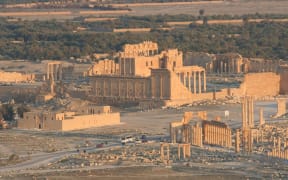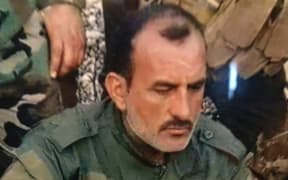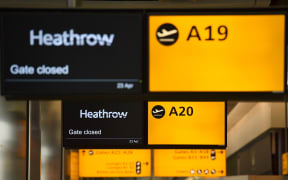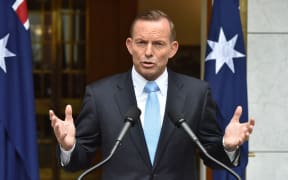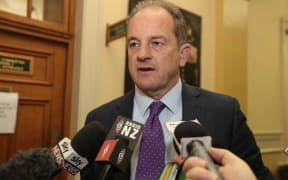A lawyer for an Australian man who spent time in a jihadist training camp in Syria is arguing his client should be allowed to return home.
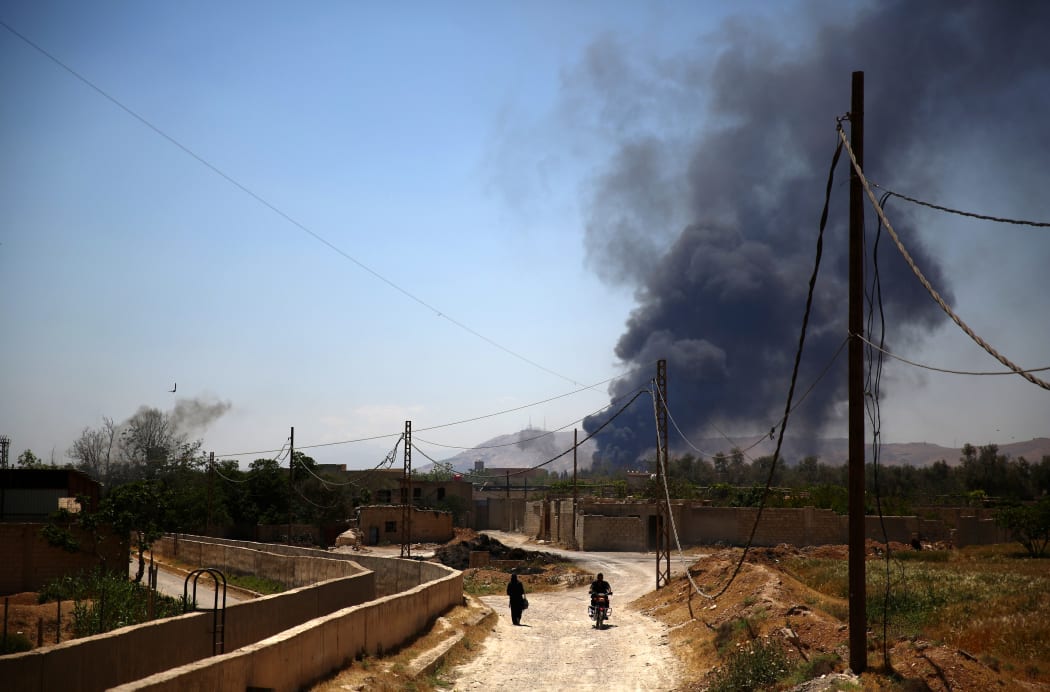
Smoke rises after rebels reportedly fired mortars against Syrian regime forces last week on the outskirts of Damascus. Photo: AFP
Melbourne lawyer Rob Stary is representing Adam Brookman, a trained nurse and a married father of five in his late 30s who also goes by the name "Abu Ibrahim".
Mr Ibrahim, who went to Syria in 2014, claims he intended to work as a medic to help those injured in the civil war but, as the allegiances and actions of combatants shifted, found himself in a training camp run by extremists.
He is one of at least three so-called "regretful foreign fighters" who are believed to have asked authorities for permission to return to Australia.
Mr Ibrahim's travel documents have been suspended and he risks facing charges if he returns.
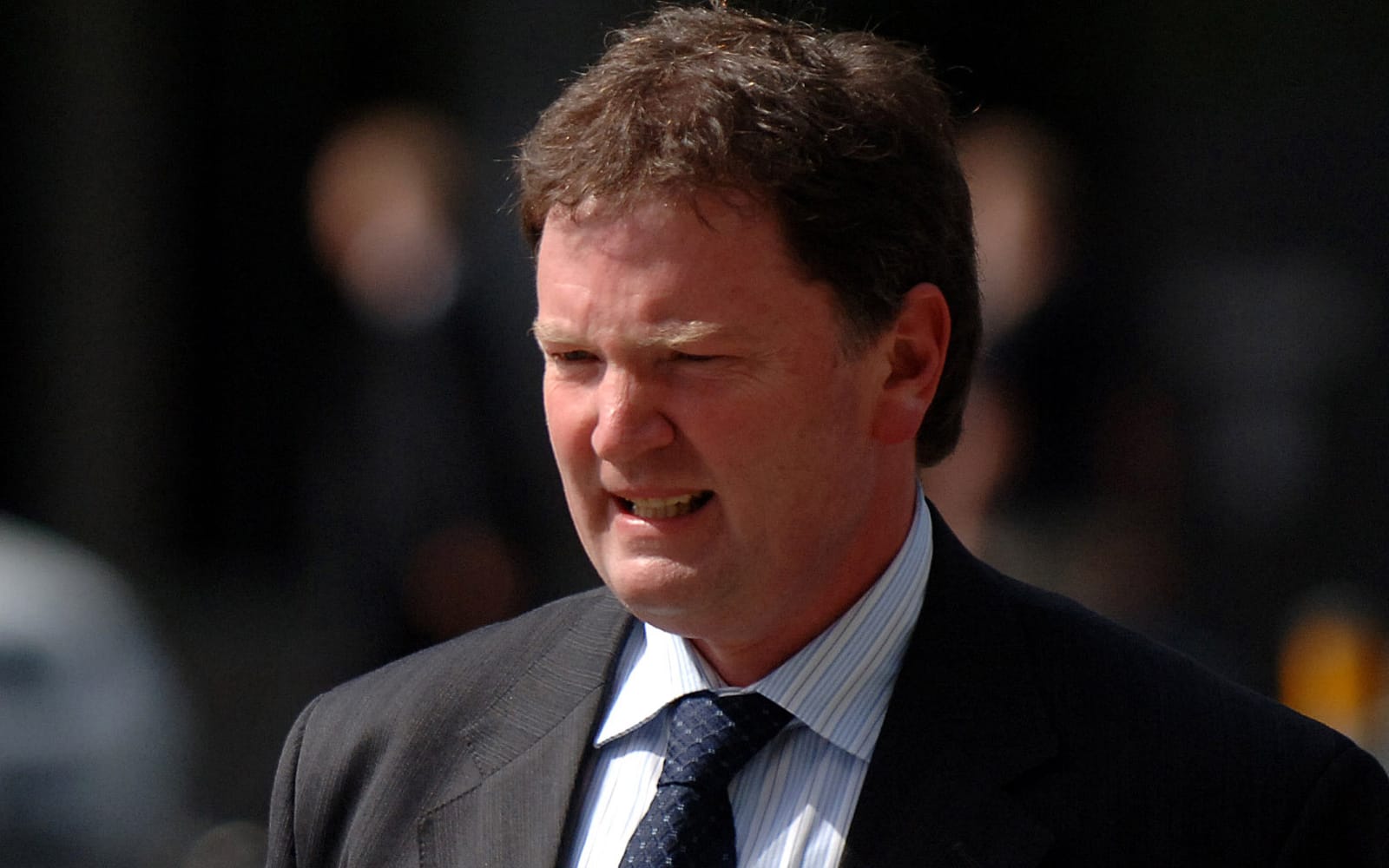
Melbourne lawyer Rob Stary says his client's return home would benefit Australia (file). Photo: AAP
Australian Prime Minister Tony Abbott has said jail awaits returning foreign fighters and mercy will not be shown.
Mr Stary said his client could help deradicalise young people who may be tempted to join Islamic State and could also provide intelligence on jihadist groups.
He said the federal police and intelligence agencies were open to the idea but any progress was being stymied by Mr Abbott's zero-tolerance policy.
Client vulnerable to charges
Mr Stary said his client was vulnerable to charges under new legislation which has made it an offence to go to government-designated combat hotspots.
"We're not saying the law shouldn't apply. In fact, we support the rule of law. If he's committed offences then so be it, he should be charged - but can we deal with it in a way, if he is charged, that is to the broader benefit of the community?"
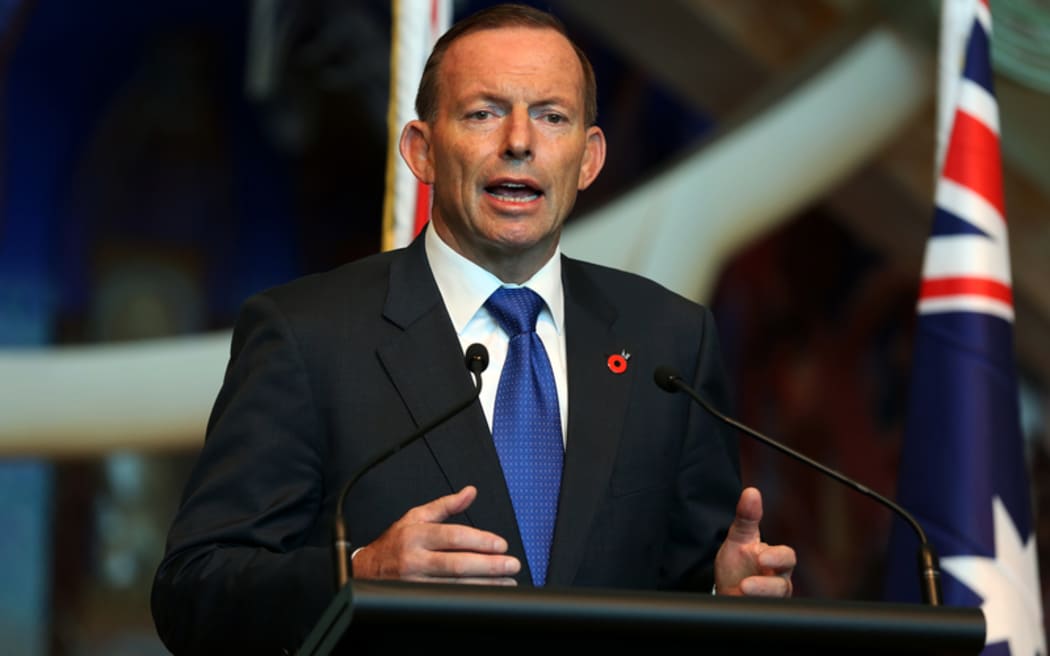
Australia's Tony Abbott is taking a hardline approach to the return of any so-called "regretful foreign fighters" (file). Photo: RNZ / Alexander Robertson
He said Mr Abbott's hardline approach was at odds with best practice in some other countries.
"It's contrary to what all the academics say. It's contrary to what's happening in Western Europe, particular in Germany and Denmark."
He acknowledged this kind of deal involved risks, including a political fall-out for Mr Abbott if it went badly, but said there could also be important benefits.
"There are young people here that are being radicalised, primarily through social media, and we want to engage them and disabuse them of any notion that there's some romantic attachment of going to fight in a savage war overseas."
Mr Stary said nobody would benefit if Mr Ibrahim remained overseas, where he is at risk as a result of his decision to try to return to Australia.
"It may be that his hand will be forced and he may simply have to stay overseas. I don't think that has any benefit to anyone. We can simply say, well, we don't want those people returned here but he has family here, he has community here, and it will impact upon not just himself but on other people."
